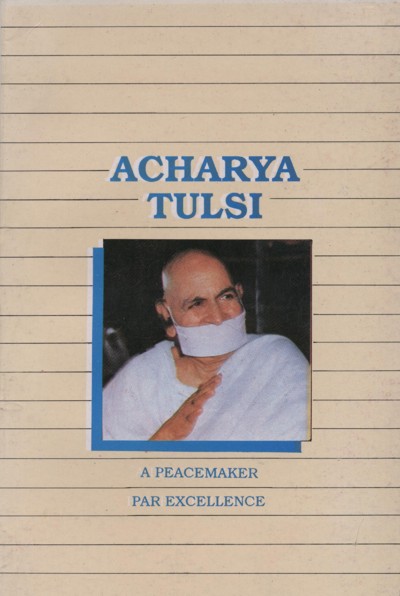People attached greater importance to their sect than to the spirit of the religion. No one even tried to think that the place of religion was much higher than that of a sect. Fanaticism was considered a virtue. Refuting or defending a point with regard to one another's religious beliefs was the order of the day. Open debates on shastras (scriptures) also attracted a large number of people. The scene of religion lay enmeshed in discussions and disputes. Immoral practices were minimal. People had faith in integrity and honesty.
The conviction that dharma was just a means to ensure happiness in hereafter dwelt deep in the minds of the people. They gave it little thought that it could also be a means to transform their existing life. What the age needed most was a new interpretation of the old treatises. But Acharya Tulsi was not able to undertake the writing of a critical commentary on them during the first decade of his Acharyaship.
After assuming the responsibility of his new office Acharya Tulsi returned to the erstwhile state of Bikaner. For the next eleven years he remained wandering from one place to another within this region only. During this period he concentrated on the education and training of his monks and nuns. He undertook to teach them himself. He encouraged them to develop their skills in writing and speaking. In fact, he had taken to teaching even at an early stage of his monkhood. At seventeen he was already teaching a large number of monks. Prominent among them were Muni Buddmal ji, Muni Janwarilal ji, Muni Dulichand ji and the writer himself. His flair for teaching changed into a profound taste during the period of his Acharyaship. Later the disciples taught by him emerged as erudite scholars in various streams of knowledge like Sanskrit, Prakrit, philosophy, comparative studies, etc.
 Yuvacharya Mahaprajna
Yuvacharya Mahaprajna
